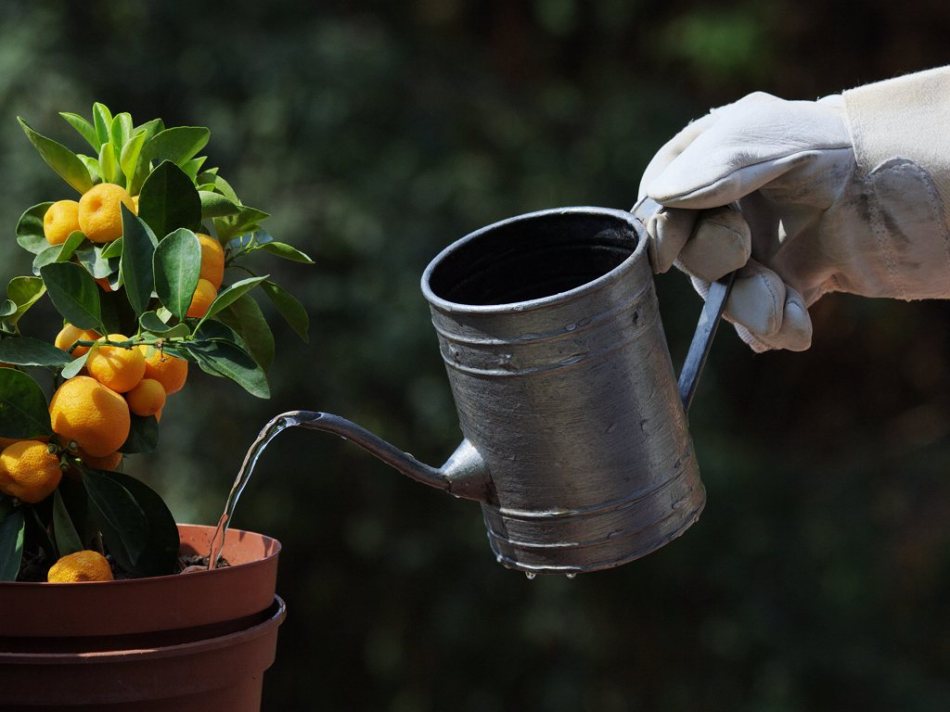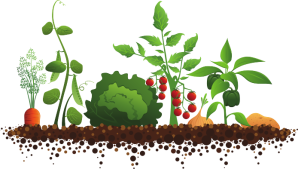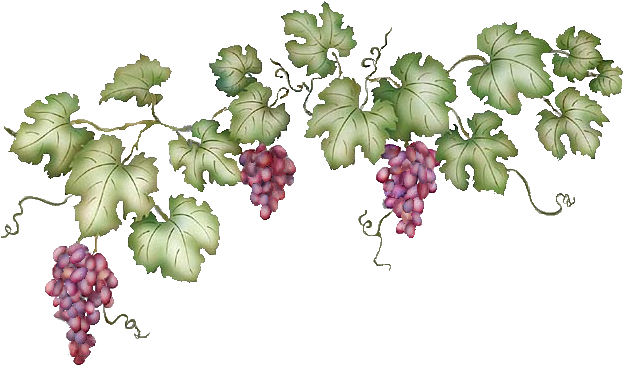Dispossession and Imperialism Repackaged as “Feeding the World”


The world is fast losing farms and farmers through the concentration of land into the hands of rich and powerful land speculators and agribusiness corporations. Smallholder farmers are being criminalised and even made to disappear when it comes to the struggle for land. They are constantly exposed to systematic expulsion.
In 2014, the Oakland Institute found that institutional investors, including hedge funds, private equity and pension funds, are eager to capitalise on global farmland as a new and highly desirable asset class. Financial returns are what matter to these entities, not food security.
Consider Ukraine. The organisation Grain found that in 2014 small farmers operated 16% of agricultural land in that country, but provided 55% of agricultural output, including: 97% of potatoes, 97% of honey, 88% of vegetables, 83% of fruits and berries and 80% of milk. It is clear that Ukraine’s small farms were delivering impressive outputs.
Following the toppling of Ukraine’s government in early 2014, the way was paved for foreign investors and Western agribusiness to take a firm hold over the agri-food sector. Reforms mandated by the EU-backed loan to Ukraine in 2014 included agricultural deregulation intended to benefit foreign agribusiness. Natural resource and land policy shifts were being designed to facilitate the foreign corporate takeover of enormous tracts of land.
Frederic Mousseau, policy director at the Oakland Institute, stated at the time that the World Bank and IMF were intent on opening up foreign markets to Western corporations and that the high stakes around the control of Ukraine’s vast agricultural sector, the world’s third largest exporter of corn and fifth largest exporter of wheat, constitute an overlooked critical factor. He added that in recent years, foreign corporations had acquired more than 1.6 million hectares of Ukrainian land.
Western agribusiness has been coveting Ukraine’s agriculture sector for quite some time, long before the coup. That country contains one third of all arable land in Europe. An article by Oriental Review in 2015 noted that since the mid-90s the Ukrainian-Americans at the helm of the US-Ukraine Business Council had been instrumental in encouraging the foreign control of Ukrainian agriculture.
In November 2013, the Ukrainian Agrarian Confederation drafted a legal amendment that would benefit global agribusiness producers by allowing the widespread use of genetically modified seeds. When GMO crops were legally introduced into the Ukrainian market in 2013, they were planted in up to 70% of all soybean fields, 10-20% of cornfields and over 10% of all sunflower fields, according to various estimates (or 3% of the country’s total farmland).
Interestingly, the investment fund Siguler Guff & Co acquired a 50% stake in the Ukrainian Port of Illichivsk in 2015, which specialises in agricultural exports.
In June 2020, the IMF approved an 18-month $5 billion loan programme with Ukraine. According to the Brettons Wood Project website, the government committed to lifting the 19-year moratorium on the sale of state-owned agricultural lands after sustained pressure from international finance. The World Bank incorporated further measures relating to the sale of public agricultural land as conditions in a $350 million Development Policy Loan (COVID ‘relief package’) to Ukraine approved in late June. This included a required ‘prior action’ to “enable the sale of agricultural land and the use of land as collateral.”
Read in Full
How to Grow a lot of Food in a Small Garden – 9 EZ tips and more

This might be a good time to start growing your own food 🍓🌞
Indoor Gardens for Small Apartments | Suspended and Container Gardening


Every house should have a garden but unfortunately for many a garden is only a dream. Container gardening is a perfect solution for those who do not have much space in their home, but would like to grow their own vegetables or flowers.
Research: Gardening fights depression naturally

(NaturalNews) It makes sense that cultivating a garden of any type can help one’s state of mind, even preventing or resolving issues of depression. Focusing on nourishing plant life takes one’s attention to nature and away from negative “stinkin’ thinkin'” that fosters depression.
The energy field of natural settings also helps calm the mind. Ayurveda practitioners recommend walks in nature, not malls, to balance and harmonize one’s energies. Then there’s the sunshine received while gardening to promote more vitamin D3, which also reduces depression risks (http://www.naturalnews.com).
Finally, there are the fruits of gardening food, the food itself. Most food gardening is done without synthetic chemical fertilizers, pesticides, and insecticides. So it’s organic despite not having the label!
It’s also very fresh and full of life. Agri-business products tend to lose nutrients while sitting around in warehouses and stores or in transit with long distance shipping.
Increasing food prices, increasing GMO infiltration, and increasing centralization of food sources that make the food supply more vulnerable to drought and other natural or man-made calamities can lead to losing confidence of how to eat in the near future.
A recently released movie, “Side Effects”, floats a definition of depression as losing confidence for the future. So if you’re concerned about the future of healthy food, food gardening may be a viable, healthy solution toward living without depression.
Some recent inspirational examples of small scale food gardening
The UK is renowned for individual or private small scale gardening, which historically has tended to be botanical. There have been several British newspapers and magazines quoting studies that prove gardening promotes an emotional and mental disposition that discourages depression. [1] [2]
But there has also been a rising interest in gardening foods over the past few years in the UK. Thus far the government has not interfered, at least not much.
One town in England has urban food garden plots in several public areas, even on the police station premises. All started by a small group of private citizens (http://www.naturalnews.com).
Upon the collapse of the Soviet Union in the late 1980s, Cubans were forced into a food supply crisis. They responded valiantly by growing food wherever they could on their own. And the Cuban government did better than look away, it helped promote and support that movement. [3] [4]
Even more amazing is the same situation of urban gardening has flourished in modern Russia. Today, a majority of Russia’s food supply is from small scale farming and family gardens that are encouraged and supported by the Russian government.
This Natural News article, “Russia’s small-scale agricultural model may hold the key to feeding the world” may raise both your eyebrows and astonish you (http://www.naturalnews.com).
That same thrust toward small scale private and collective volunteer urban gardening for food has cropped up in the USA as well. However, local, state, and federal governments have put up obstacles and enforced restraints against this grass roots movement instead of supporting it or at least looking the other way.
Despite this, a South Central Los Angeles food activist, Ron Finley, has boldly created an urban food guerrilla movement, taking over abandoned lots and public road medians and parkways with local volunteers using small-scale agricultural techniques to help feed the community.
In his TED talk, he lamented how “fast food drive-throughs are killing more South Central youths than drive-by shootings.” His guerrilla gardening approach has inspired young local volunteers who never had anything to do with gardening or even purchasing fresh organic whole foods before. [5]
Ron summarized it this way, “Growing your own food is like printing money.” Now that’s a solution not only for depression, but for encouraging healthy eating. “Food is the first medicine” is not just a clever expression. It’s the real deal. [6]
Sources for this article include:
[2] http://www.dailymail.co.uk
Learn more: http://www.naturalnews.com/041239_gardening_depression_organic_food.html#ixzz2os5kgjp3











Recent Comments